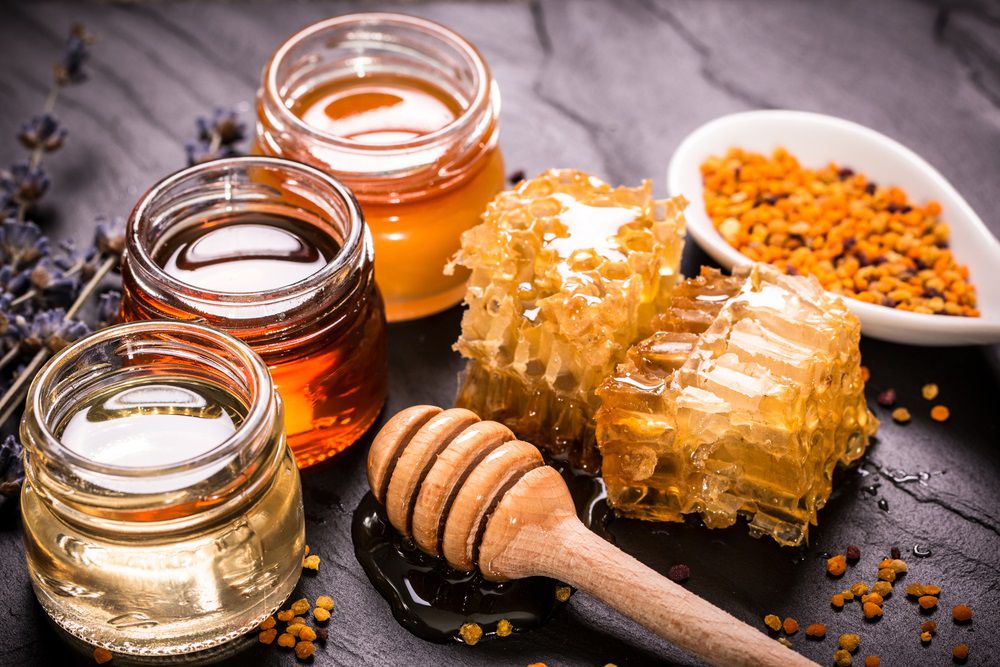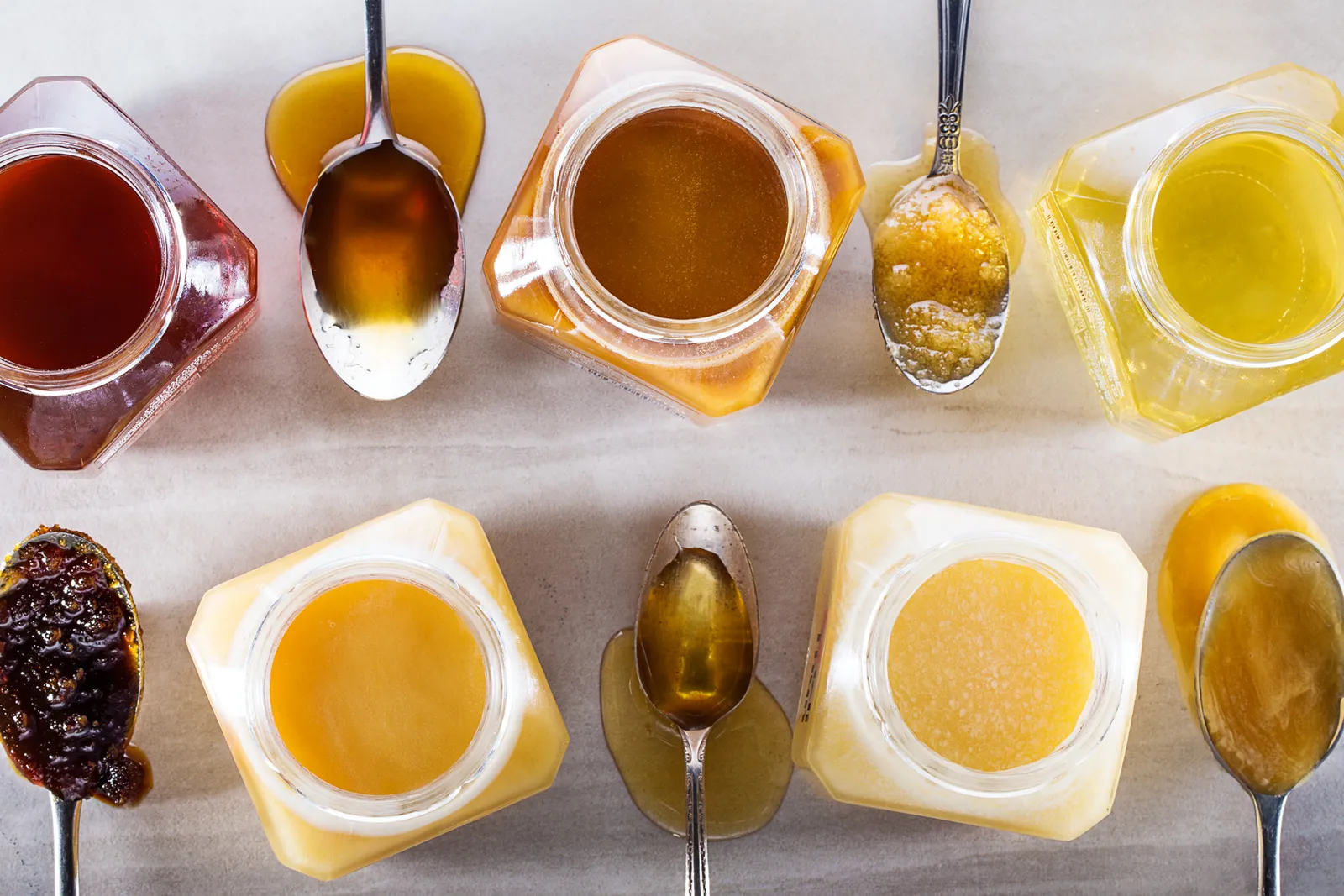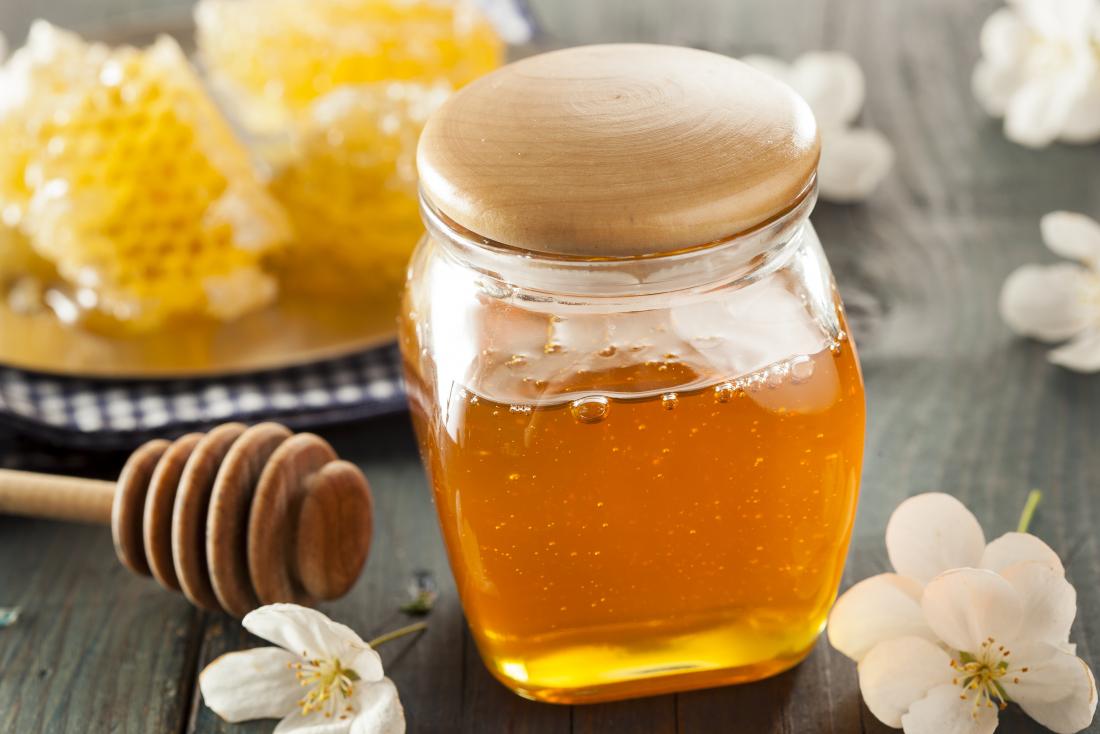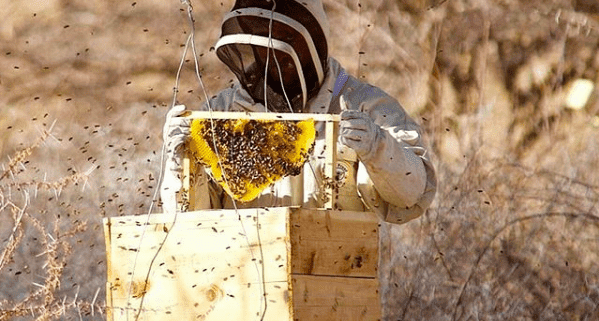
Nutrient Rich Elixir
Nutrient-Rich Elixir
Beyond its delightful taste, honey boasts an array of health benefits that have been celebrated for centuries. Packed with antioxidants, vitamins, and minerals, honey serves as a natural energy booster and immune system enhancer. Its antibacterial and anti-inflammatory properties make it a soothing remedy for sore throats and coughs. Local honey is often touted for its potential to alleviate allergies, as regular consumption may expose individuals to small amounts of local pollen, helping the body build a tolerance. Moreover, honey’s natural sugars provide a quick energy source without causing the rapid spike and subsequent crash associated with refined sugars.
Wound Healing Wonder
Honey’s medicinal properties extend beyond internal health benefits. Its use in wound care dates back to ancient times, with various cultures recognizing its ability to promote healing and prevent infection. Honey’s natural acidity, low water content, and production of hydrogen peroxide contribute to its antimicrobial properties. Medical-grade honey is now employed in modern wound care, showcasing its effectiveness in treating burns, ulcers, and other skin ailments.

Wound Healing Wonder
Selecting the Right Honey
Not all honey is created equal, as different varieties offer distinct flavors, textures, and health benefits. Monofloral honey, derived from the nectar of a single type of flower, carries the unique characteristics of that plant. For example, Manuka honey, sourced from the Manuka tree in New Zealand, is renowned for its potent antibacterial properties. Buckwheat honey, with its dark color and robust flavor, is praised for its high antioxidant content. Exploring the diverse world of honey varieties allows consumers to tailor their choices to specific taste preferences and health needs.

Selecting The Right Honey
Culinary Versatility
Honey’s versatility in the kitchen extends far beyond being a simple sweetener. Its unique flavor profiles can enhance both sweet and savory dishes. From drizzling it over yogurt and fruit to incorporating it into salad dressings or using it as a glaze for meats, honey adds depth and complexity to a wide array of culinary creations. The variety in honey flavors allows for a nuanced approach to cooking, making it a cherished ingredient in kitchens around the world.

Culinary Versatility
Sustainability and Bee Conservation
As we indulge in the golden sweetness of honey, it is essential to recognize the vital role of honeybees in our ecosystems. The decline in global bee populations poses a threat to biodiversity and food production, as bees play a crucial role in pollination. Supporting sustainable beekeeping practices, choosing locally sourced honey, and advocating for policies that protect bee habitats contribute to the conservation of these essential pollinators.

Sustainability And Bee Conservation








